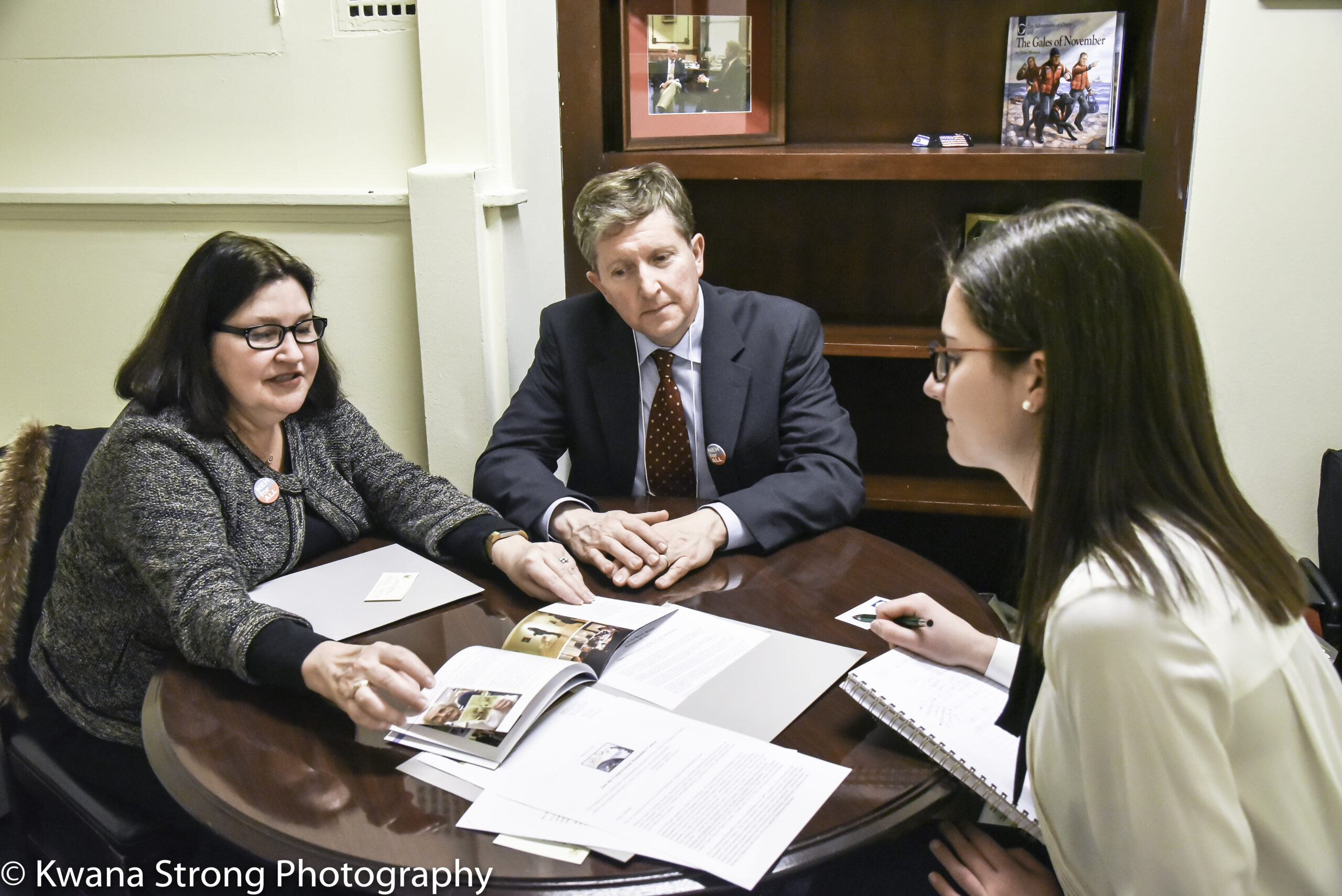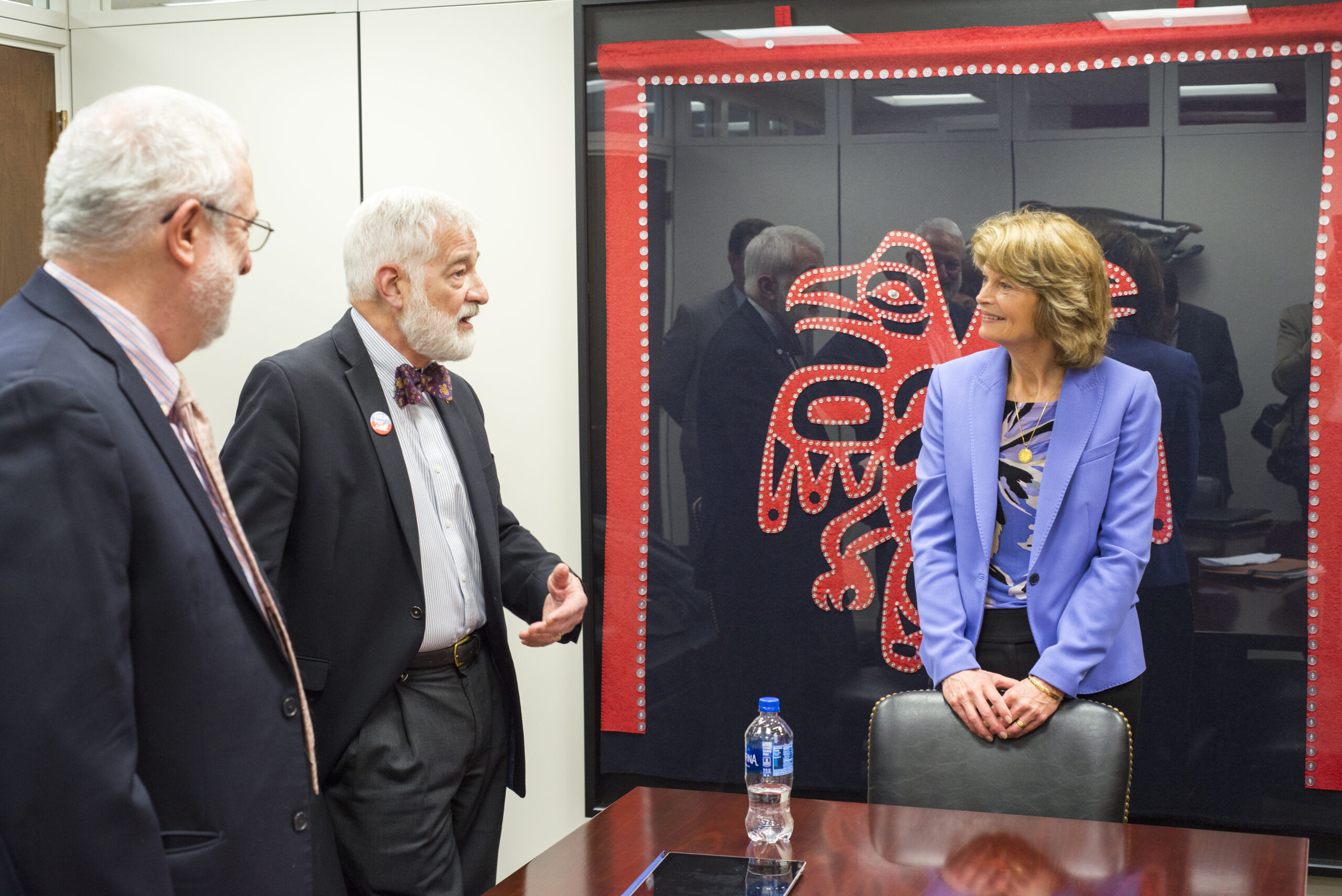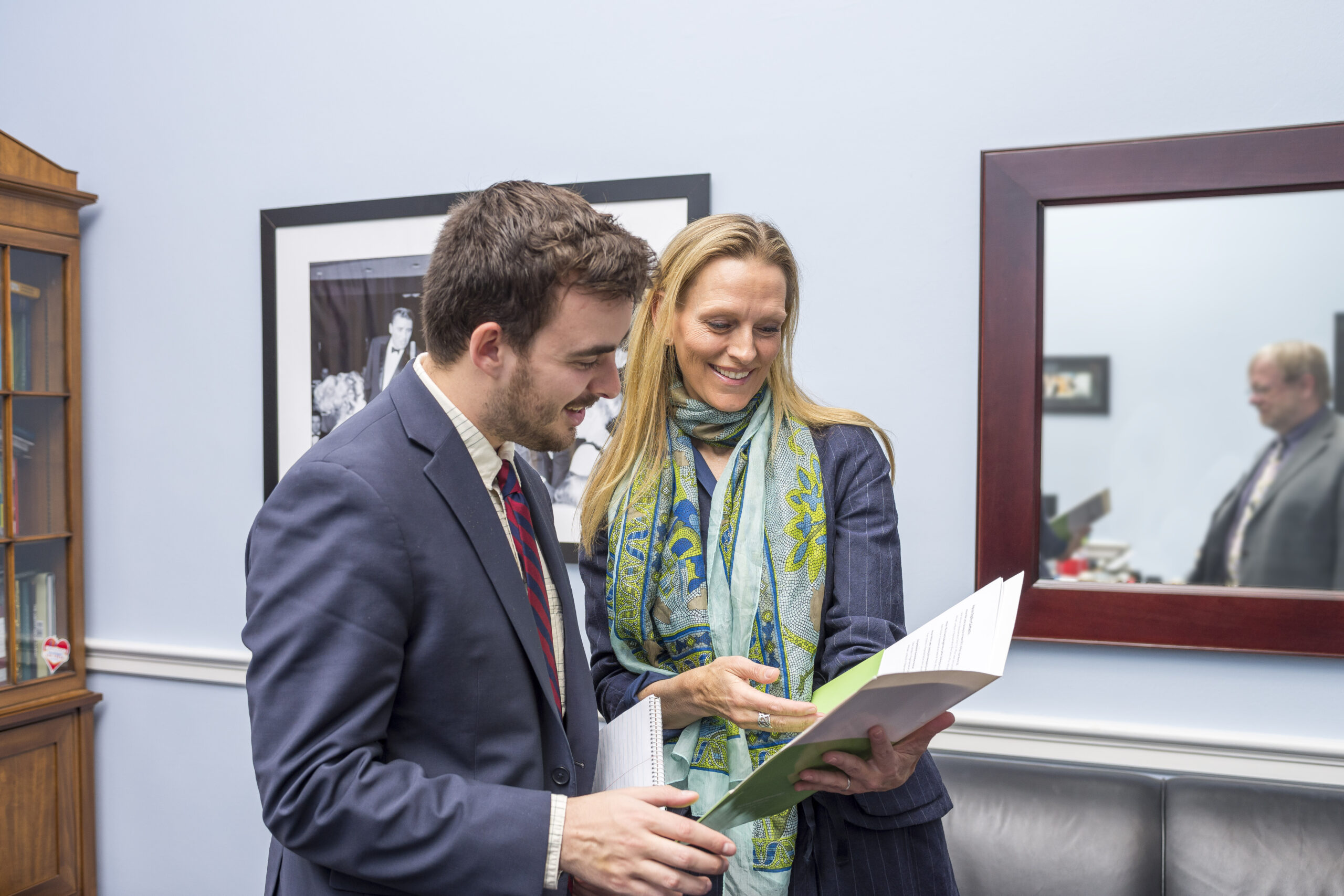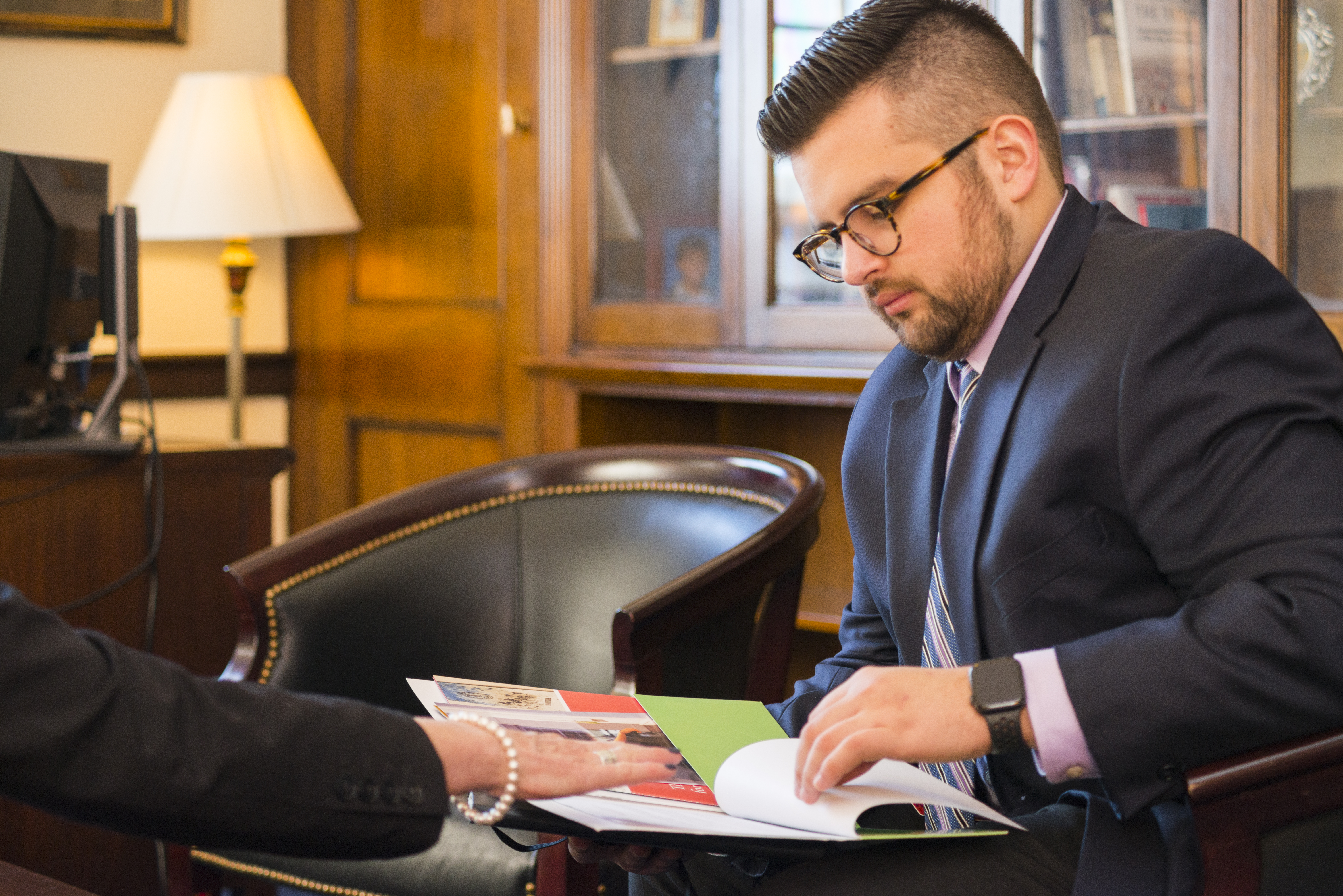On Humanities Advocacy Day, state-based delegations meet with Members of Congress and their staff to make the case for federal funding for the humanities. NHA organizes the delegations, schedules all of your Hill meetings, and provides training sessions and resources to support your advocacy. Explore our resources today!
For First-Time Advocates
In the lead up to Humanities Advocacy Day, we provide specific training that offers advocates an overview of what we are advocating for and how to conduct a successful Hill meeting. In addition, we always pair new advocates with seasoned advocates to support you as you prepare for and take Hill meetings.
Top Tips for Nervous Advocates
Read the blog postAdvice for New Advocates
Watch the videoAbout Hill Meetings
Participants in Humanities Advocacy Day advocate for federal funding for several key agencies. Our Policy Priorities Booklet offers an overview of each of these priorities while our Member Profiles offer information on each Member of Congress’s record of support for the humanities. Our Advocacy Guide and Mock Meeting Scripts, meanwhile, offer new advocates a sense of how to navigate the Hill and conduct a meeting. All of these resources are updated on a yearly basis.
Case-Making Resources
One of the keys to a successful meeting is learning about the impact of federal funding for the humanities in your state and congressional district ahead of time. We have developed the NEHforAll.org website to aggregate our research on the NEH’s national and local impact. The databases of NEH and Title VI grants, meanwhile, will help you bolster your argument with examples from your district.
Following Up After the Meeting
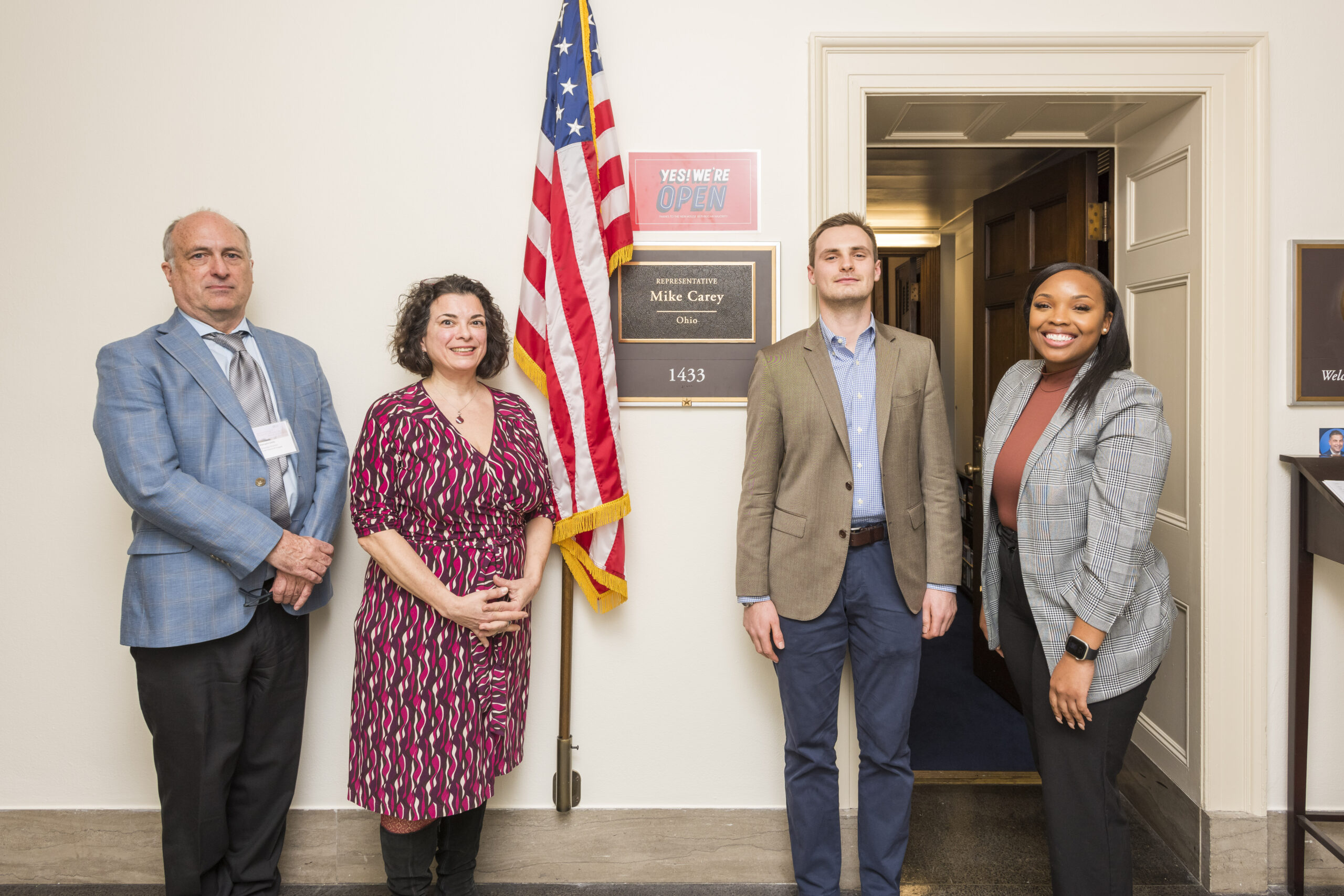
Post on Social Media
After the meeting, post on Twitter, Facebook, and/or Instagram tagging the Member and thanking them for taking the time to meet with you. If possible, ask to take a picture with the Member or staffer you met with to post as well.
See an example tweet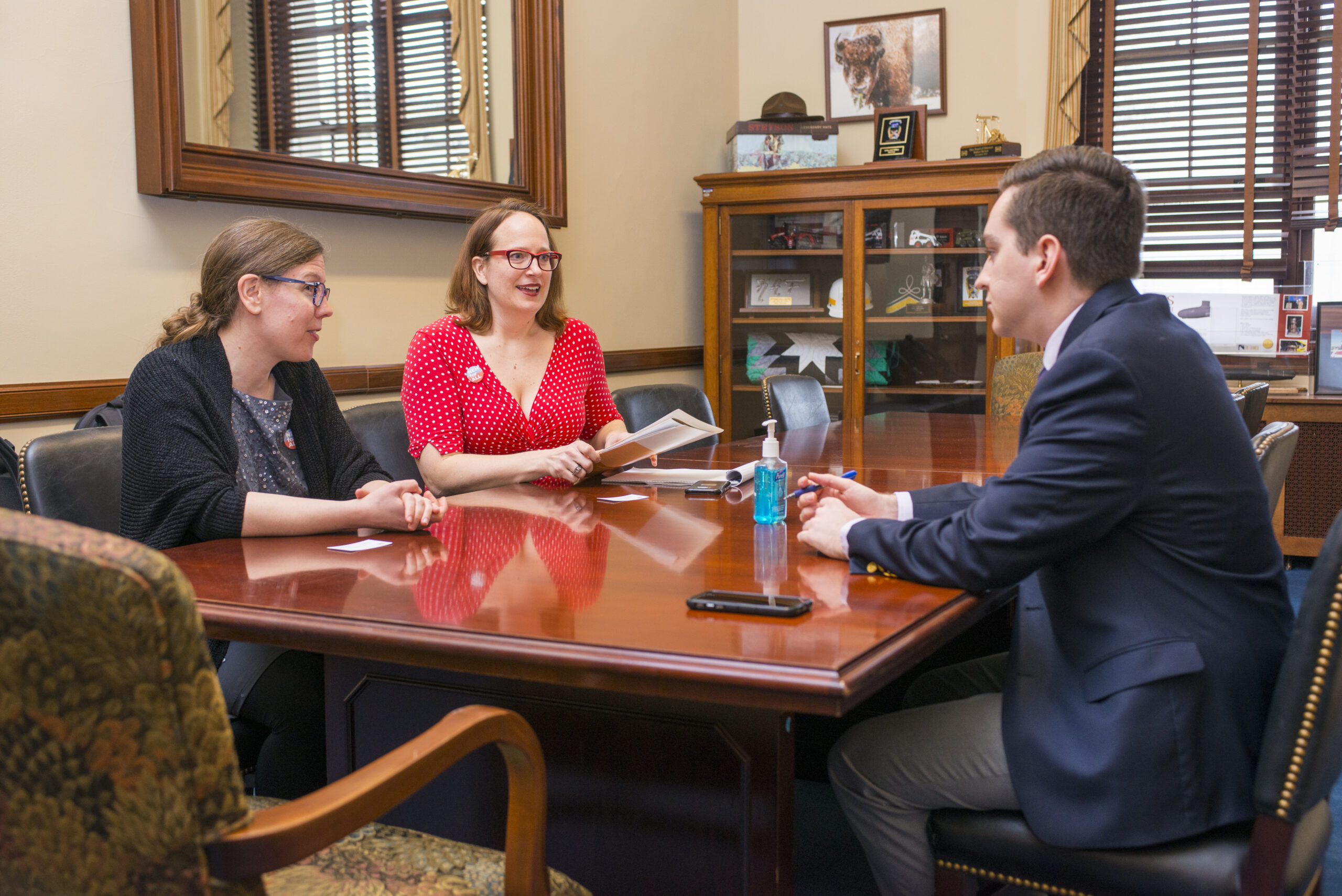
Follow-Up Email
After the meeting, we encourage advocates to follow up with the staffers to thank them and to reiterate the requests you’ve made. There is no need to follow these templates exactly. They are meant only as an example of the range of topics you may want to cover in your follow up.
Template messages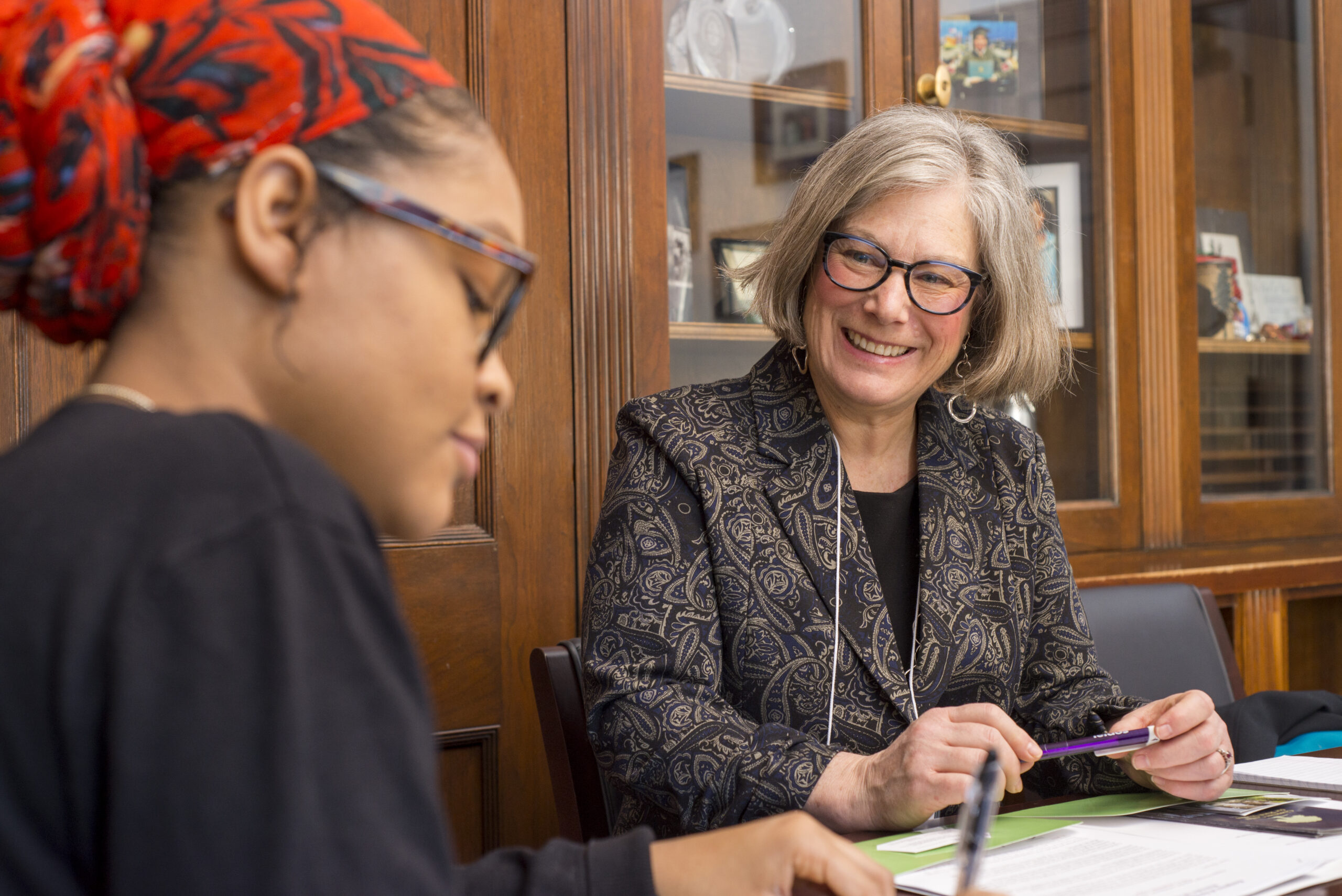
Post-Visit Worksheet
We also ask that one advocate from each state group fill out a post-visit worksheet for each of the group's meetings. This helps us determine who we might approach as new champions for our policy priorities and who we might need to follow up with.
Post-visit worksheet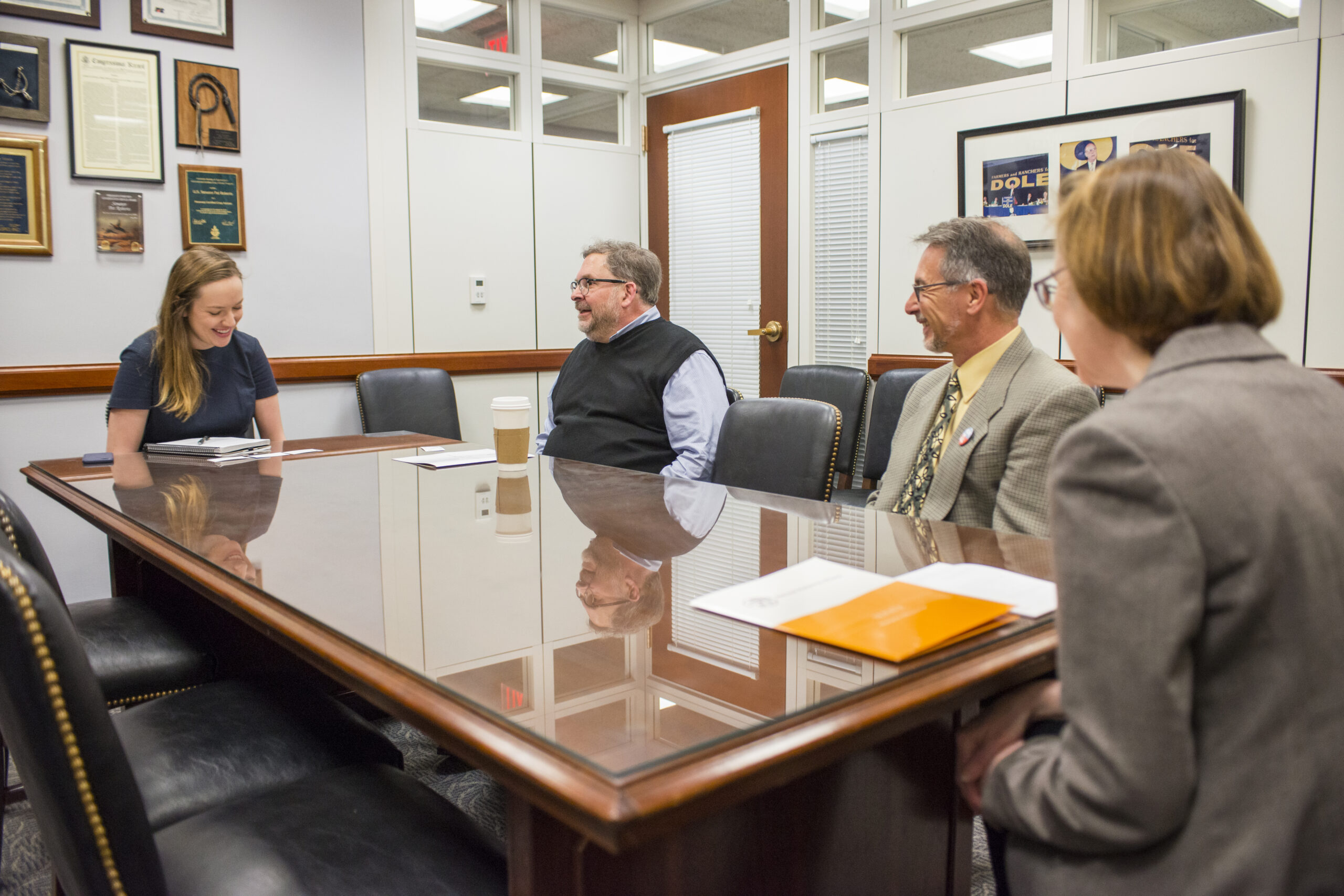
Appropriations Request Form
Offices will often ask you to complete an appropriator request form. We’ve developed tips for filling those out and are also happy to help.
Appropriations request form tipsJoin Us
Visit the event page to learn more about our upcoming NHA Annual Meeting and Humanities Advocacy Day!

